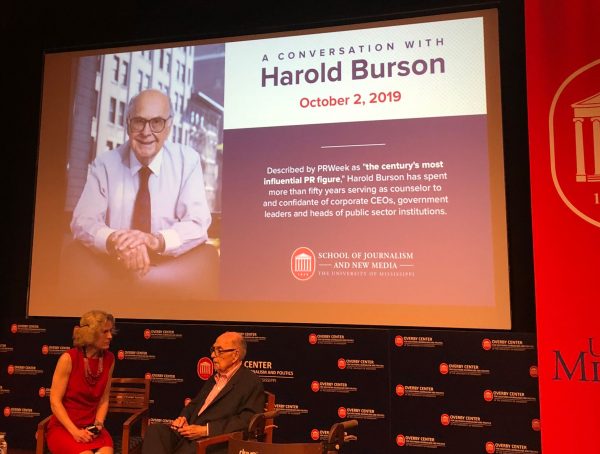Language is always changing, so it’s no surprise to find a few new words in the latest edition of Webster’s Collegiate Dictionary. Among this year’s additions are two media terms: vlog and webisode. But the simple fact that a word is in the dictionary doesn’t make it suitable for use in a news story. Some terms may still need a definition, and others are better left unused when writing for a general audience. The trick is figuring out which ones.
The New York Times may have found some answers by scouring data from its Web site. The Times online has a “look up” function that allows readers to click a word to get a definition, so it was a simple matter to count the clicks and come up with a list. According to an internal memo obtained by the Nieman Journalism Lab, the top five words on the most-looked-up list were: sui generis, solipsistic, louche, laconic and saturnine.
Deputy news editor Philip Corbett’s memo notes that Times readers are an educated lot, but “they probably don’t carry an unabridged dictionary along with the newspaper as they take the subway to work.”
I’m not suggesting that we should ban these or any challenging words. Some uses may be perfectly justified. But let’s keep in mind why we’re writing and who’s reading, and under what circumstances. And let’s avoid the temptation to display our erudition at the reader’s expense.
Erudition. You know: ” extensive knowledge acquired chiefly from books,” according to Webster’s.









